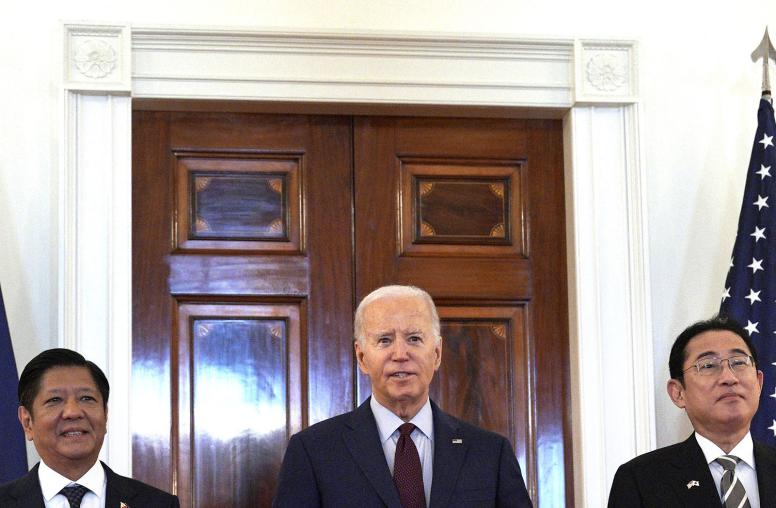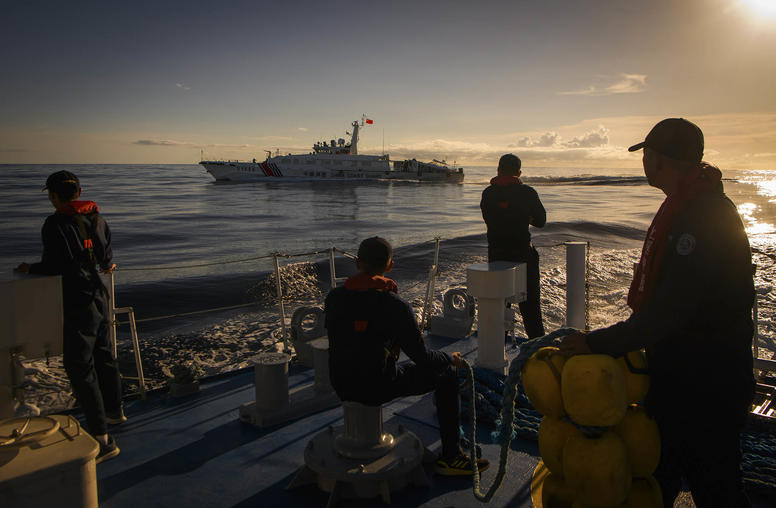Case Studies in Japanese Negotiating Behavior
A Book on Cross-Cultural Negotiation from the Perspectives Series
Japanese representatives bring to the negotiating table a distinctive mind-set and behavioral style, one that’s largely free of gamesmanship and histrionics but that’s nonetheless frequently exasperating.
This volume explores four recent U.S.–Japanese negotiations—two over trade, two over security-related issues—looking for patterns in Japan’s approach and behavior. In the first three cases, veteran Japanologist Michael Blaker finds the same fundamental style—coping. “Coping captures the go-with-the-flow essence of the Japanese bargaining approach”: cautious, methodical, low key, resistant, apprehensive, and above all defensive. In the fourth case, Ezra Vogel and Paul Giarra recount how the United States and Japan fashioned a new security framework for their relationship in the 1990s. Vogel and Giarra show that close personal relationships, mutual trust, and a common purpose can foster flexible, fast, and fruitful negotiations.
Each case study explains the cultural as well as political, institutional, and personal factors and assesses their influence. A concluding chapter draws out common threads from the four studies, suggests how U.S. negotiators can maximize negotiating efficacy, and points the way toward a new and clearer understanding of Japanese bargaining behavior.
About the Authors
Michael Blaker has taught at several major universities and authored numerous publications, including The Politics of Trade.
Paul Giarra is a senior analyst in the Strategic Assessment Center of Science Applications International Corporation.
Ezra Vogel is research professor at Harvard University and author of Japan as Number One.



